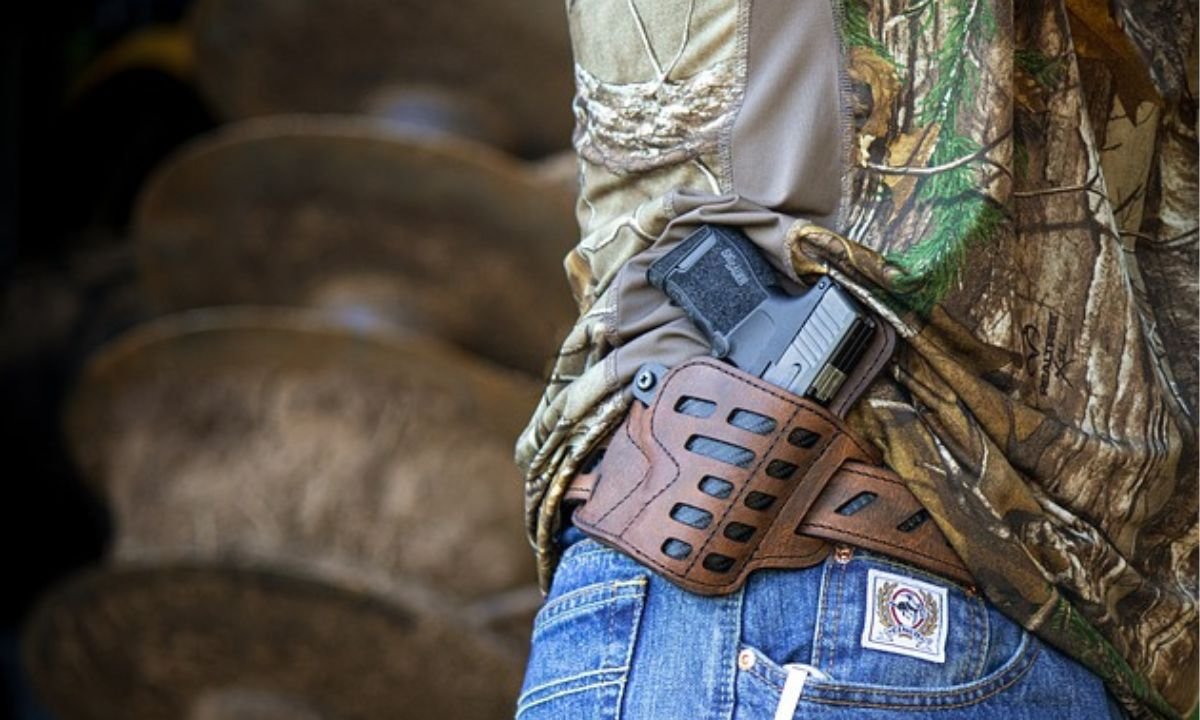First-time gun buyers should start by understanding their purpose, such as self-defense, hunting, or sport shooting—research local laws and requirements to ensure compliance. Visit reputable stores to handle different firearms and find one that fits comfortably. Prioritize safety training and proper storage to prevent accidents. Seek expert advice from professionals or experienced gun owners to select the right firearm and accessories. A thoughtful approach ensures a responsible and confident purchase.
Understanding Your Needs and Purpose
Purchasing a firearm for the first time can be a complex decision. It’s not just about selecting the right equipment—it’s about understanding why you need it. Are you looking to enhance your personal safety, explore the world of sport shooting, or get into hunting? Each purpose entails distinct needs that can significantly influence the type of gun you should purchase. To gain a clearer insight, consulting professionals at your local gun store can provide invaluable assistance in tailoring choices to your specific needs and circumstances.
The gun you choose should be appropriate for your intended use. For example, compact pistols are usually preferred for self-defense because of their portability and simplicity of use. In contrast, larger firearms, such as rifles or shotguns, are more suited for hunting because of their range and power. Understanding these basic categories can be enlightening. Resources like the National Shooting Sports Foundation offer extensive insights into the different types of firearms and their optimal applications, empowering you to make well-informed choices.
Research and Compare Options
Once you’ve clarified your purpose, it’s time to delve into research and comparison. The world of firearms is vast, with numerous makes and models that each bring unique characteristics. Factors such as size, caliber, barrel length, and ease of handling are pivotal in determining the right fit for you. First-time buyers might find the abundance of information overwhelming, but exploring online reviews and forums can shed light on user experiences and potential issues with specific models.
For a more structured overview, websites like Pew Pew Tactical offer comprehensive reviews and comparisons that can help demystify the decision-making process. These platforms provide insights into reliability, ergonomics, and overall performance, allowing you to weigh each option’s pros and cons. In addition, visiting firearm expos or local ranges can provide hands-on experience, which is instrumental in making an informed decision.
Understand Local Laws and Regulations
Navigating the legal environment surrounding gun ownership is as important as choosing the appropriate firearm. Laws and regulations can vary significantly from one jurisdiction to another. Some areas impose strict rules, while others may have more lenient guidelines. Familiarity with these laws is not just advisable; it’s a legal obligation for every gun owner.
By obtaining comprehensive and trustworthy information from government websites, you can be sure to fulfill all legal requirements. Key issues include understanding the obligatory background checks, identifying age restrictions, and learning about carry permits. There could be legal repercussions if any steps in this process are missed. Thus, the key to responsible gun ownership is being aware of and current with local laws.
Budget Considerations
Setting a budget is an integral part of purchasing a firearm. The initial expense is only one part of the total cost of ownership. You should also account for ammunition, cleaning supplies, accessories (such as holsters or safes), and, potentially, membership fees at local shooting ranges. Since these extra expenses can mount up rapidly, preparation is key.
Purchasing used firearms might be a cost-effective alternative for those with financial constraints. However, it’s crucial to ensure the used gun is in good condition, ideally verified by a trusted seller or certified expert. Whether you’re buying new or used, the key is balancing costs against needs and quality, ensuring you don’t compromise your safety or satisfaction.
Training and Safety
Finally, the importance of training and safety cannot be overstated. Owning a gun carries a profound responsibility to ensure safe handling and storage. Enrolling in safety courses provides foundational knowledge and skill-building that can dramatically enhance your competence and confidence. Many local shooting clubs offer introductory courses that cover essential safety protocols and basic marksmanship.
Regular practice and continued education are integral to maintaining proficiency. Firearm maintenance should be a routine part of your ownership, as it ensures longevity and safe operation. Furthermore, investing in secure storage protects the firearm and your household, which is especially critical if children are around. In essence, a commitment to safety is a commitment to responsible ownership, ensuring you honor the rights and responsibilities of a gun owner.
Conclusion
In summary, buying your first firearm involves diligent research and thoughtful consideration. Prioritizing an understanding of your specific needs guides the initial steps while comparing different firearms shapes your final decision. Compliance with local laws anchors your responsibilities as a gun owner, just as setting a realistic budget ensures sustainability. Above all, dedicating oneself to continual training and rigorous safety practices encapsulates the profound responsibility that comes with gun ownership. Navigating these steps with care and attention allows you to make a choice that fosters safety, confidence, and satisfaction.











